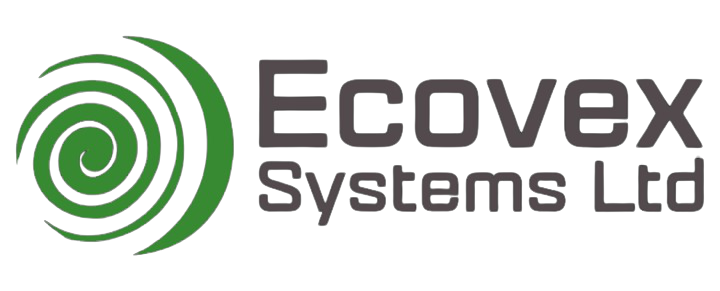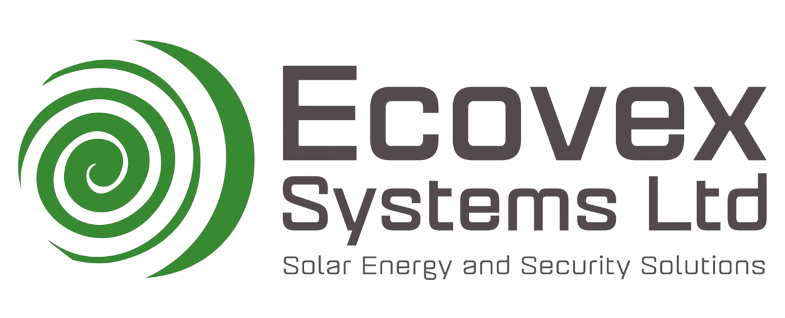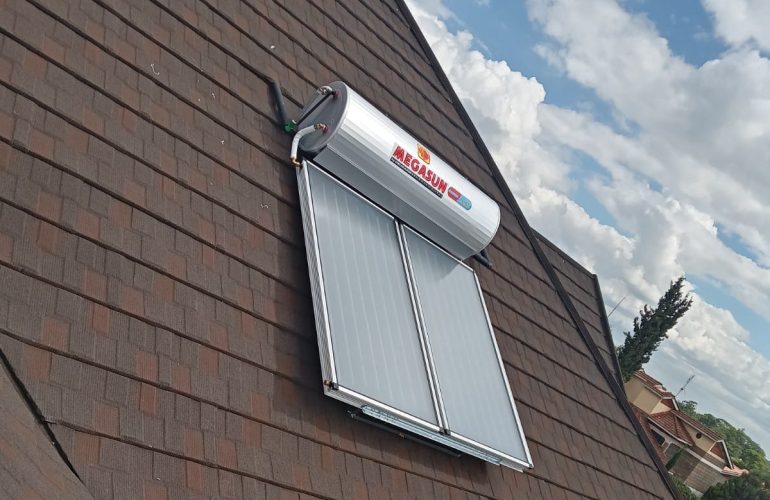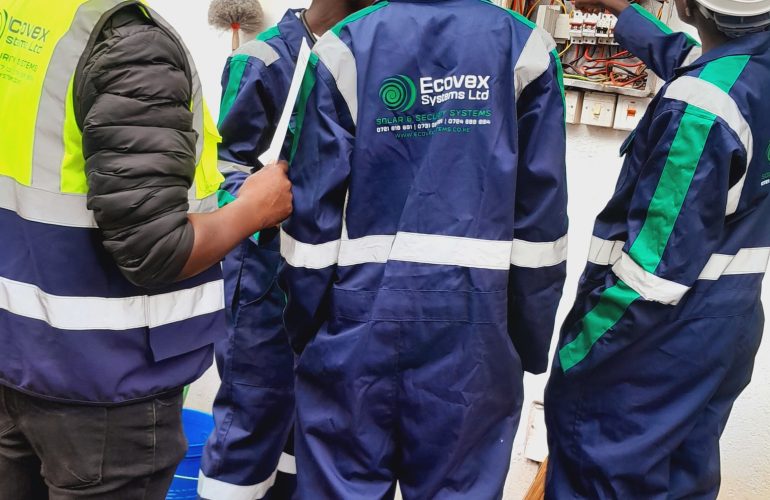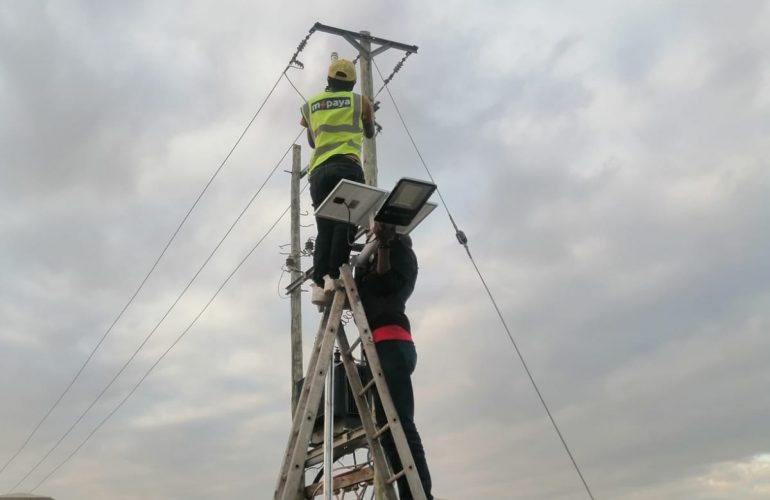1. Solar Microgrids
Solar microgrids are small-scale, decentralized energy systems that provide power to remote and off-grid areas. These microgrids harness solar energy, store it in batteries, and distribute it to local communities. This technology is crucial in Africa, where many regions lack access to the national grid. By providing a reliable and clean source of electricity, solar microgrids enhance the quality of life, support local economies, and reduce dependency on fossil fuels.
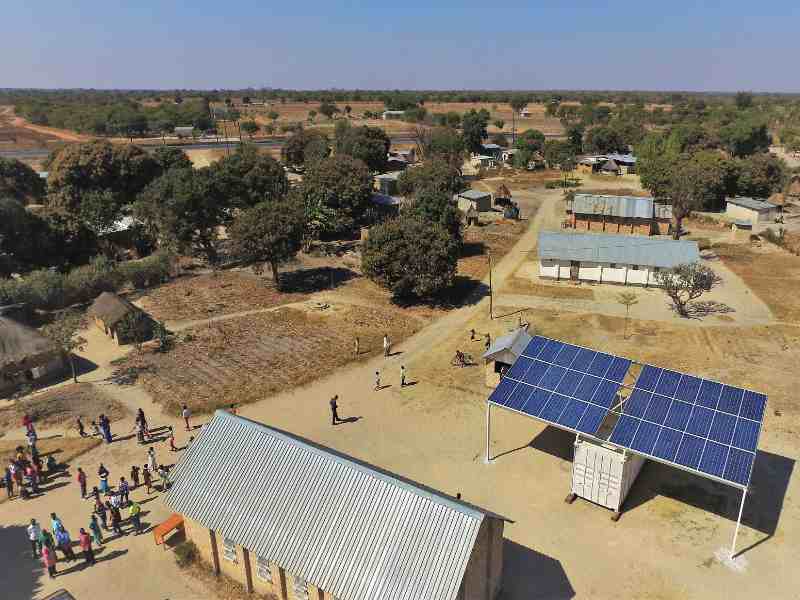
Key Benefits:
- Reliable power supply for remote areas
- Reduced reliance on diesel generators
- Enhanced community development through access to electricity
2. Solar Water Pumping Systems
Agriculture is a primary livelihood for many Africans, yet access to water remains a challenge. Solar water pumping systems offer a sustainable solution by using solar energy to pump water from wells, rivers, or boreholes. These systems are particularly beneficial in arid and semi-arid regions, helping farmers irrigate their crops, thus boosting agricultural productivity and food security.
Key Benefits:
- Sustainable irrigation solution
- Increased agricultural yields
- Reduction in water-related labor
3. Solar Home Systems
Solar home systems are compact, affordable, and easy-to-install units that provide electricity for lighting, phone charging, and powering small appliances. These systems are a game-changer for households in off-grid areas, offering an alternative to kerosene lamps and reducing indoor air pollution.
Key Benefits:
- Affordable and accessible
- Improved indoor air quality
- Enhanced quality of life through reliable lighting
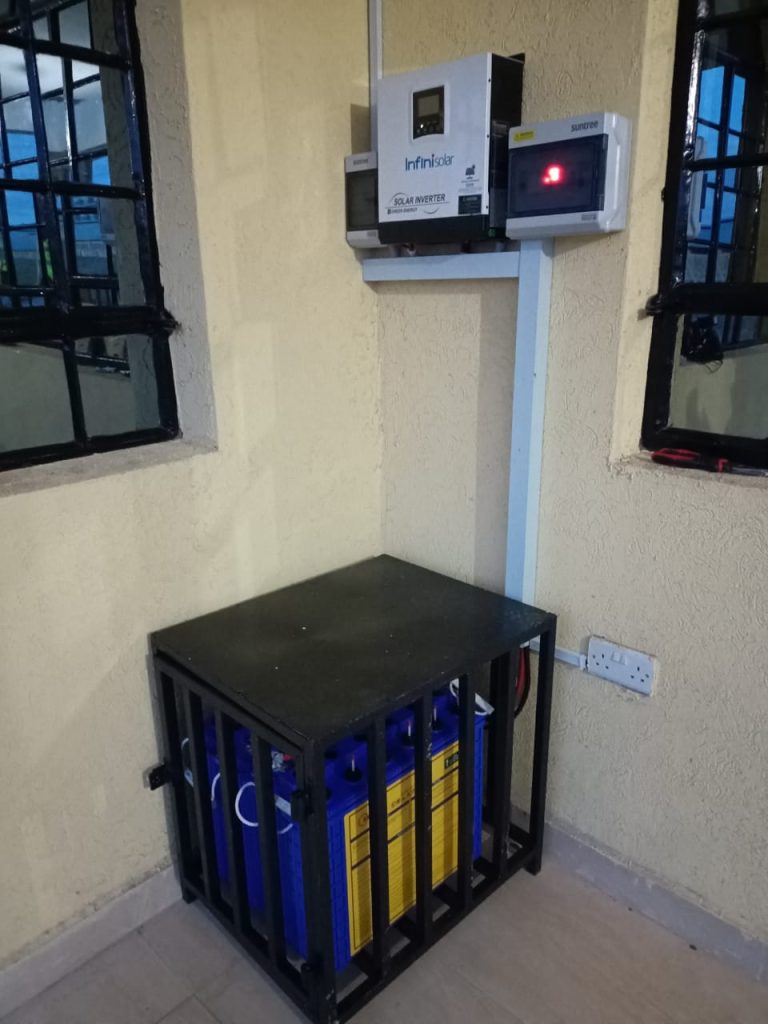
4. Solar-Powered Cold Storage
Post-harvest losses are a significant issue for African farmers, often due to a lack of proper storage facilities. Solar-powered cold storage units are revolutionizing the agricultural sector by providing a sustainable way to preserve perishable goods. These units help reduce food waste, increase farmers’ incomes, and ensure food security.
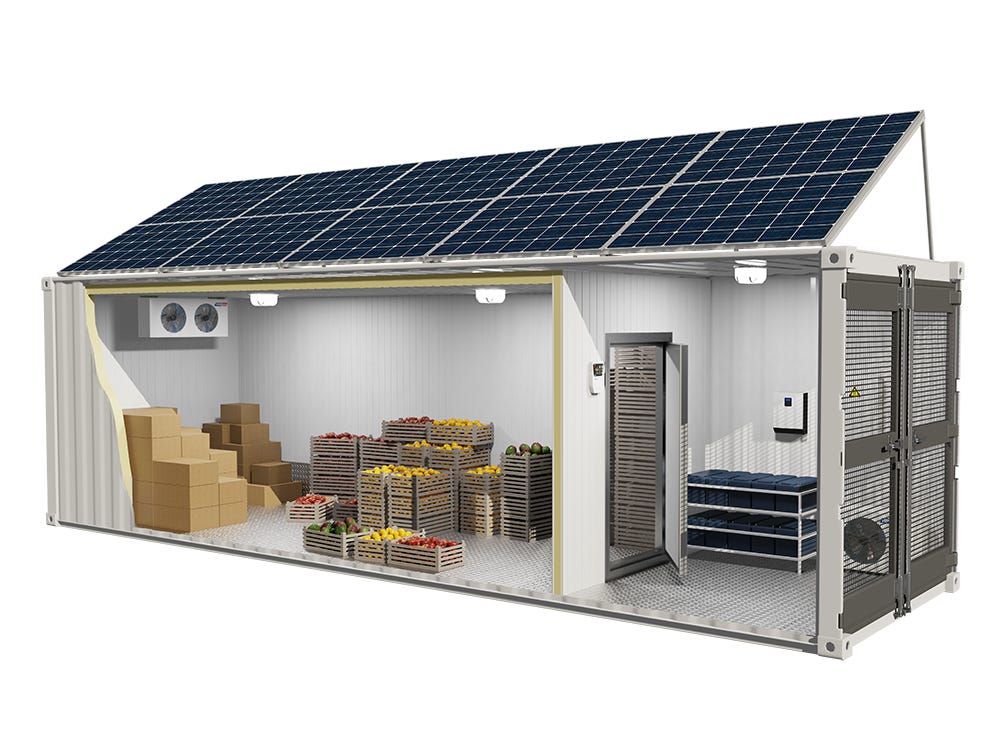
Key Benefits:
- Reduction in post-harvest losses
- Increased farmer incomes
- Enhanced food security
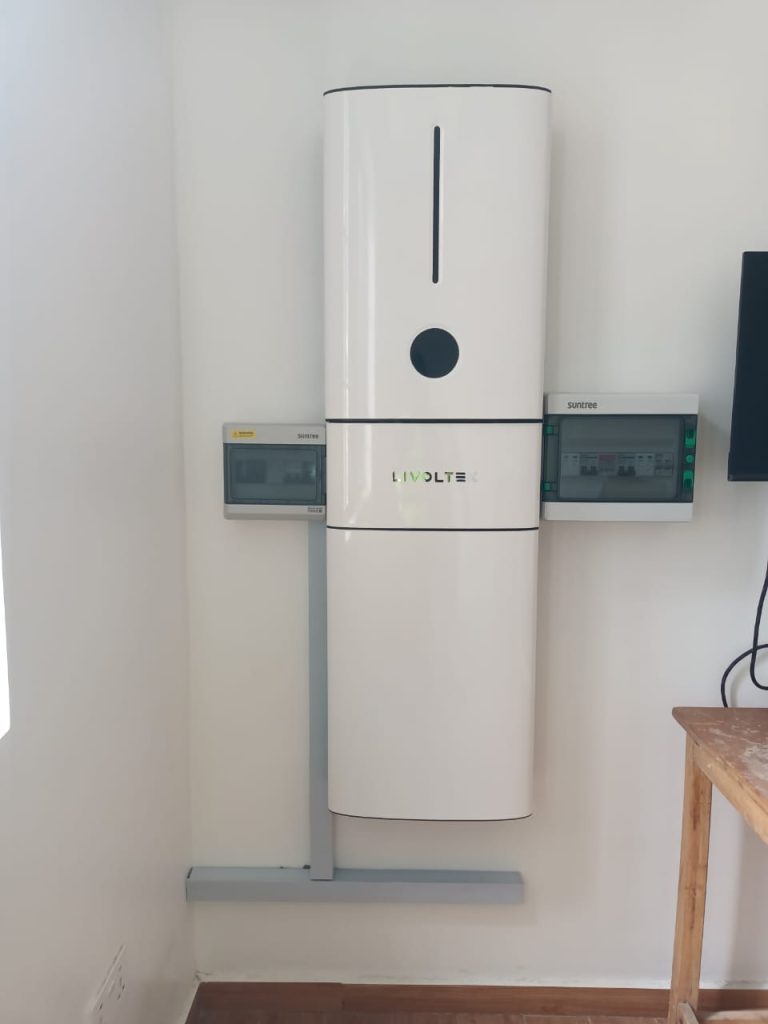
5. Hybrid Solar Systems
Hybrid solar systems combine solar power with other energy sources, such as wind or diesel generators, to provide a reliable power supply. These systems are particularly useful in areas with intermittent sunlight or high energy demands. Hybrid systems ensure a continuous power supply, making them suitable for both residential and commercial applications.
Key Benefits:
- Continuous power supply
- Versatility in energy sources
- Cost-effective energy solution
Conclusion
Innovative solar solutions are transforming energy consumption across Africa, providing sustainable, reliable, and affordable power to millions. At Ecovex Systems, we are committed to harnessing the power of the sun to drive this transformation. From solar microgrids to solar-powered cold storage, our solutions are designed to meet the unique energy needs of African communities, fostering development and enhancing quality of life.
For more information on how our solar solutions can benefit you, contact Ecovex Systems today. Join us in creating a sustainable future powered by the sun.
